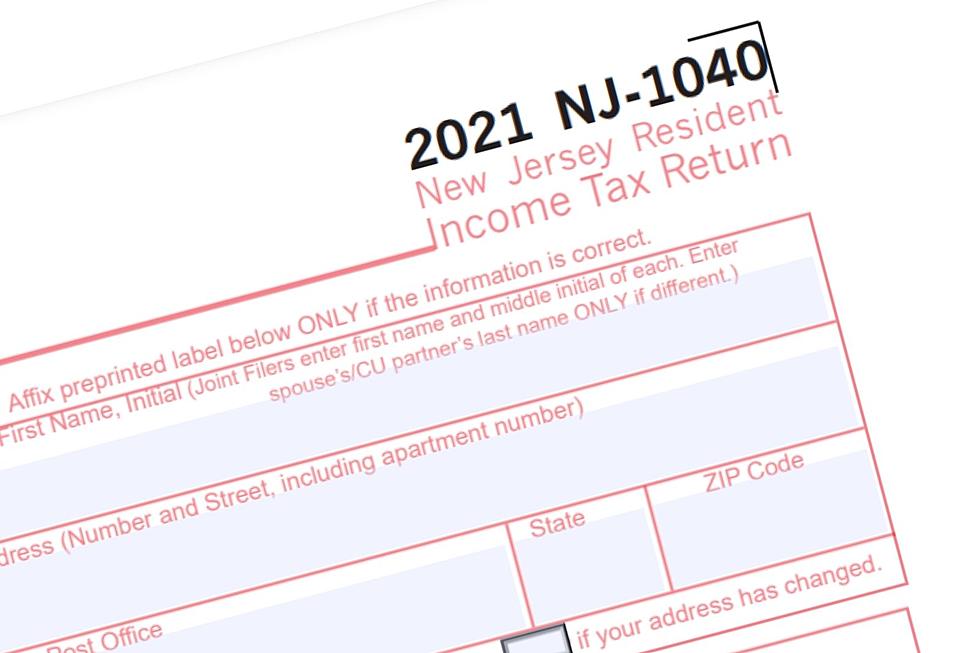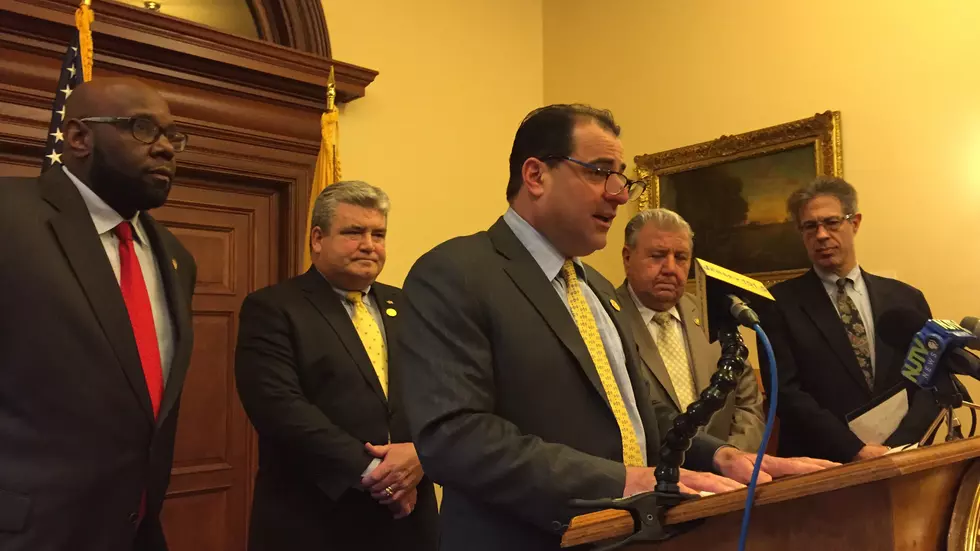
How to handle paying taxes on a summer job
Q. I have a summer job that increases my income for the year, but taxes are not taken out of my checks. Do I need to pay estimated taxes?
— Worker
A. We’re glad you’re not just leaving this to chance. Underpaying your taxes could cost you.
The general rule is that an individual is required to make payments of estimated taxes if the amount of tax they pay through withholding will not cover their tax liability, said Laurie Wolfe, a certified public accountant with Lassus Wherley in New Providence.
She said if you do not make the required amount, you will be charged a penalty based on a percentage of the underpayment for each of the four quarters.
In order to avoid an underpayment of estimated tax penalty each quarter you must pay 25 percent of the following:
1. 90 percent of the current year’s tax liability.
2. 100 percent of the prior year’s tax liability (or 110 percent if you are married and make more than $150,000 per year, or if you are single and make more than $75,000 per year).
Wolfe said an alternative calculation is allowed where an individual earns income unevenly throughout the year.
“This annualized installment method may be used if the individual estimates their tax at the end of each payment period based on a reasonable estimate of income, deductions and credits,” she said. “Tax withholding is considered paid evenly throughout the year — regardless of when it is actually withheld — unless the individual can establish when the taxes were actually withheld.”
There are a couple exceptions to the penalty, Wolfe said. You do not have to pay estimated taxes if your tax liability will be less than $1,000 for the year or you did not have a tax liability for the previous 12-month period. Waivers of penalty are also a possibility in the case of hardship or following retirement or disability.
Wolfe recommends you calculate an estimate of your anticipated tax liability each quarter or have an accountant do this for you. If you are married, the calculation is done on a joint basis.Compare this figure with what you expect your total withholding to be during the year to see what the shortfall is, if any, she said.
Because you said the income that you expect to make with no withholding is in the summer, it may be that you do not owe any estimated tax until June or September, Wolfe said. In this event, you should make sure you are paid in 50 percent of the total required payments for June and 75 percent by September.
“Because you indicate that this summer work is `a job,’ I will assume that FICA taxes are withheld from this pay,” Wolfe said. “If that is not the case, then you will also have to calculate and include FICA taxes as part of your total liability when making these payments.”
Wolfe said the states each have similar but varying requirements regarding estimated tax payments.
“Be sure to check these rules,” she said. “In New Jersey, you must be paid in 80 percent of the current year liability over the four quarters with similar alternatives as the federal requirements regarding prior year tax and annualized methods.”
And as a reminder, estimated tax payment due dates are April 15, June 15, Sept. 15 and Jan. 15 of the following year on income earned through March, May, August and December, respectively.
Karin Price Mueller writes the Bamboozled column for The Star-Ledger and she’s the founder of NJMoneyHelp.com. Click here to sign up for the NJMoneyHelp.com weekly e-newsletter. Like NJMoneyHelp.com on Facebook and follow it on Twitter.
More From New Jersey 101.5 FM









